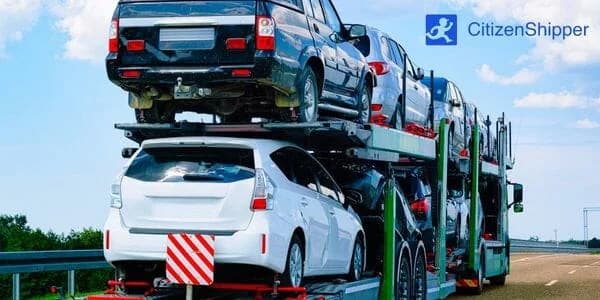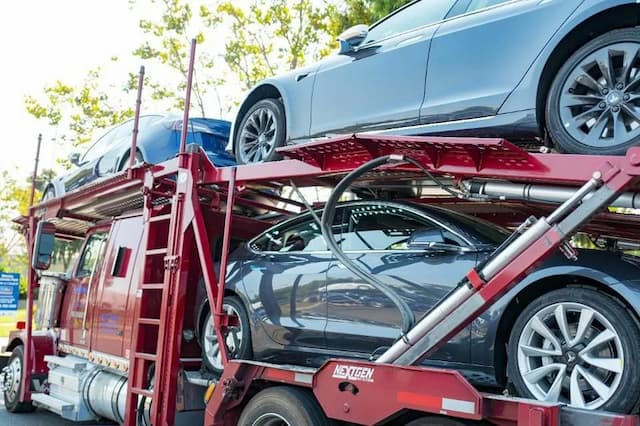Navigating Car Transport in El Paso, TX
When it comes to shipping your car in Texas, there's a world of factors to consider. Texas, with its vast distances, desert climate, and unique border location, presents a distinct set of circumstances. But don't worry! Here at CitizenShipper, we are committed to helping you navigate through it all. Whether you're moving into or out of El Paso or need to transport your car for any reason, our expert team is here to help.
Texas's Vehicle Transportation Laws & Regulations
In Texas, car transportation laws and regulations are in place to ensure the safety and preservation of all vehicles and public roadways. Auto transporters must adhere to the Federal Motor Carrier Safety Administration (FMCSA) regulations for safety. Compliance involves ensuring that all vehicles are properly secured during transport and maintaining necessary documents for every shipped vehicle.
All auto transporters operating in Texas must also possess an active MC Docket number, issued by the FMCSA. This number signifies that a transportation company is registered under the federal government, allowing them to legally operate across state lines. Additionally, since El Paso is a border city, transporters should be aware of specific regulations when operating near international checkpoints.
Weather & Terrain Considerations in El Paso, TX
Weather patterns in El Paso, TX have a significant impact on car shipping. With a hot desert climate, El Paso experiences very hot summers with temperatures regularly exceeding 100°F and mild, dry winters. The city receives minimal rainfall annually, but when it does rain, flash flooding can occur, potentially disrupting transportation routes.
El Paso's terrain is characterized by its location in the Chihuahuan Desert and the presence of the Franklin Mountains that run through the city. This mountainous terrain can present shipping challenges, especially for larger vehicles. Interstate 10, which runs through El Paso, is a major east-west corridor but can experience traffic congestion and construction delays. It's beneficial to plan and account for possible delays, particularly during extreme heat conditions when vehicle transportation requires extra precautions to prevent overheating.








